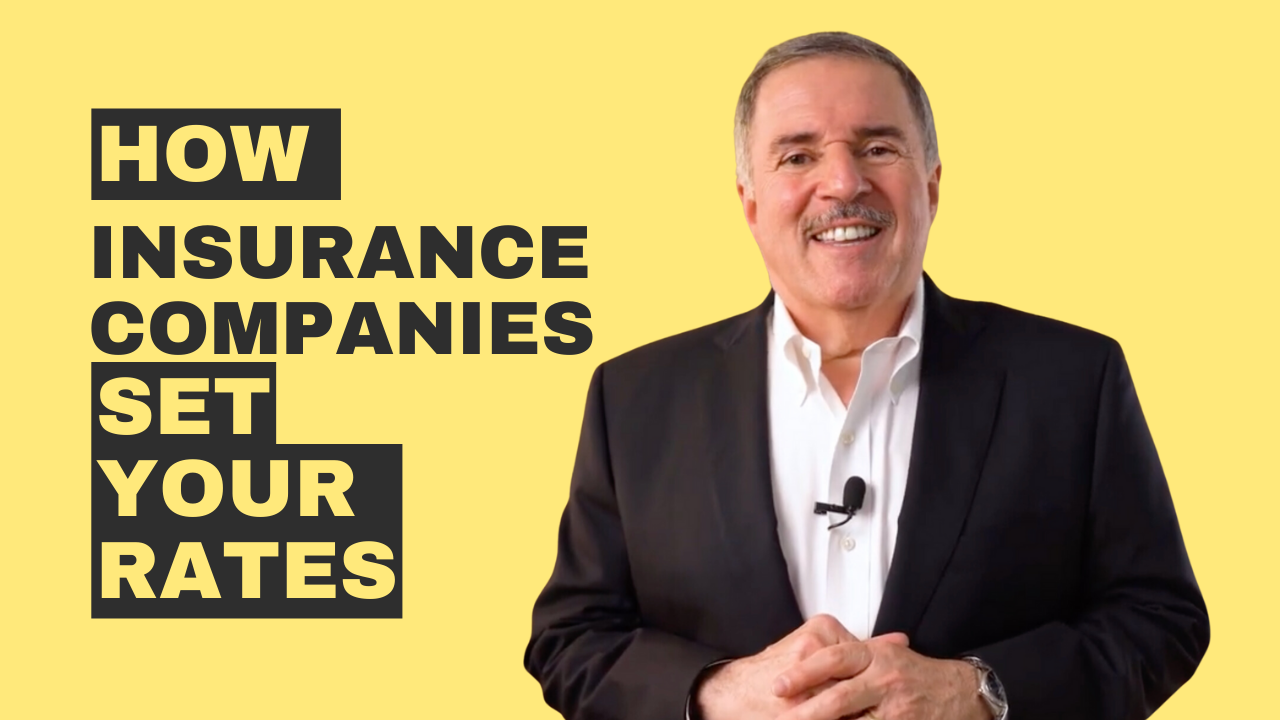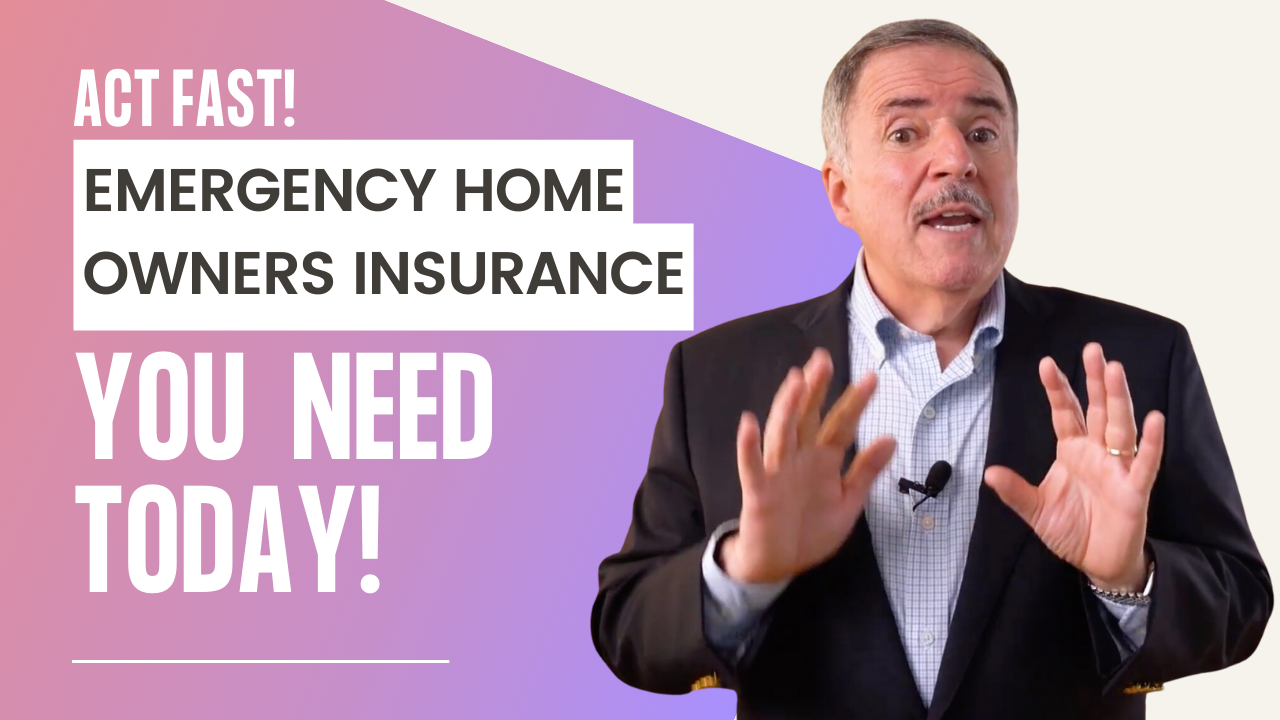How Insurance Companies Set Your Rates

If you’ve ever applied for a loan or are currently paying off a credit card, you’re probably familiar with credit scores. But have you heard of insurance scores? Much like credit scores, insurance scores are used by insurance companies to predict how likely you are to file a claim, pay your insurance on time and thereby assess your risk level as a client.
At Vargas & Vargas Insurance, we often receive questions about what exactly insurance scores are, how they’re determined, and how they can affect your insurance policies. In this article, we’ll dive into all these questions to give you a clearer understanding of insurance scores.
Understanding Insurance Scores
Insurance scores are three-digit numbers that insurance companies use to evaluate the potential risk of insuring a new client. These scores help insurers decide if they want to take you on as a client and how much to charge you for your premium. A higher score means you’re seen as less of a risk, which could lead to better insurance offers, while a lower score might make it tougher to find affordable coverage.
Independent Insurance agencies, such as Vargas & Vargas Insurance, don’t use or have access to these scores themselves—this is something that the carriers handle directly using their own unique algorithms (think of it like a secret sauce). Because each carrier uses a different formula, your insurance score can vary from one insurer to another.
How Credit Scores Influence Insurance Scores
Yes, your credit score plays a significant role in determining your insurance score. Insurers have found a correlation between low credit scores and a higher likelihood of filing claims. The idea is that if someone manages their finances well, they are also likely to be responsible in other areas of their lives, such as driving safely or maintaining their home, thereby reducing potential risks.
It’s important to note, however, that while your credit score affects your insurance score, the reverse is not true—your insurance activities don’t impact your credit score.
State Regulations on Insurance Scores
The use of insurance scores isn’t uniform across all states. For instance, in Massachusetts, insurance carriers are prohibited from basing premium rates or decisions on policy renewals on credit-based scores. However, insurers may still consider these scores when deciding whether to take on a new client. Other states that limit or prohibit the use of insurance scores include California, Hawaii, Maryland, Michigan, and Washington.
If you live in one of these states, other factors will play a more significant role in determining the cost of your insurance policies.
Calculating Insurance Scores
When calculating your insurance score, carriers predominantly consider your credit score. However, other factors can also influence your score, including:
- Your history of insurance claims
- Your driving record, including any past accidents
- How regularly you make timely payments
- Your total amount of outstanding debt
- The length of your credit history
- The variety of credit types you have
- How often you’ve applied for new credit
- Any recent bankruptcies or foreclosures
Keep in mind that different insurers might prioritize some factors over others or might consider additional elements in their calculations.
Improving Your Insurance Score
Improving your insurance score largely revolves around enhancing your credit score and being a responsible policyholder:
- Make sure to pay all your bills on time.
- Work on reducing your overall debt.
- Avoid taking on new credit lines unnecessarily.
- Be a safe driver and conscientious homeowner to avoid claims where possible.
Can You Check Your Insurance Score?
When receiving a policy quote, you can ask the insurance company if they used your insurance score in their decision-making process. While you might not be able to access your specific insurance score easily, understanding your credit score can give you a good indication, as it’s a major component of the insurance score.
Conclusion
Understanding insurance scores is essential for anyone looking to purchase insurance. These scores play a significant role in how insurers assess your risk and determine your premiums. At Vargas & Vargas Insurance, we are always ready and willing to help you navigate through the complexities of insurance scores and ensure you find coverage that meets your needs. If you have any questions or need further assistance, don’t hesitate to reach out to our team at 617-298-0655.


















